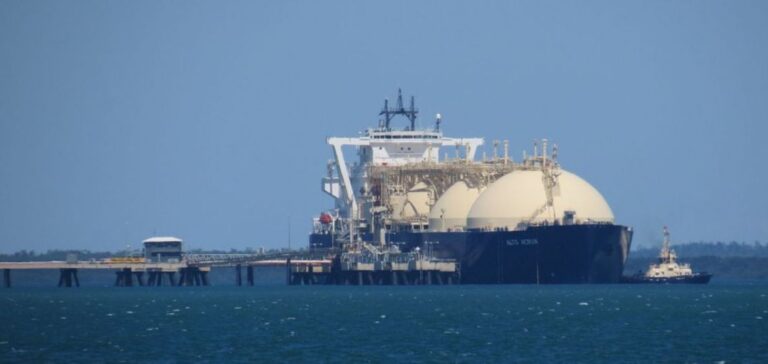Thermal coal consumption in Europe faces further cuts as reliance on LNG increases, sources said on July 25, while imported thermal coal prices have risen in anticipation of further heatwaves on the continent.
Europe bets more on LNG due to coal’s logistical challenges
“European consumption is low, and they’re trying to go even lower,” said a European-based buyer. “There’s a greater dependence on LNG in Europe. The infrastructure for coal logistics will also prevent them from using more coal even if they want to. They have to rely on LNG even when prices are higher. European buyers are also very selective about miners, and are willing to pay a premium for guaranteed supplies of good quality coal.”
Over the past week, eight cargoes of thermal coal arrived in European ports, containing a total of 386,300 tonnes of coal from the USA, Colombia, Latvia and the Netherlands, according to data from S&P Global Commodities at Sea. This figure was 23% lower than the 50,3200 tonnes of thermal coal that arrived in Europe the previous week. Six of last week’s shipments went to the Netherlands, with 299,800 tonnes, while 69,700 tonnes went to Denmark and 16,800 tonnes to Germany.
“Gas stocks [naturel] in Europe remain well above normal for this time of year,” said a US trader.
“EU gas storage is almost full and the demand for gas for production compared to the tonnage available, demonstrates the clear availability of spot LNG on the market,” said a US trader.
A new heat wave expected in Europe could also facilitate the movement of coal, according to sources.
“It’s very hot across the northern hemisphere, with record temperatures everywhere, and more to come this week,” said a second US trader.
“In Europe, wind and solar power in the north, along with cheap LNG production in the south, keeps their grid afloat without coal.”
The heat wave that swept across the continent dried up water levels, hampering loading in European ports. The rivers were apparently too shallow for the freighters to be fully loaded.
“Low coal probably linked to low water levels in rivers like the Rhine,” an Atlantic-based trader said.
Thermal coal prices rise in Europe following record temperatures
Thermal coal prices on the European market have risen over the past week against a backdrop of record temperatures. ACMA ARA 6,000 kcal/kg Physical NRA prices ranged between $114.75 and $115/mt over the week, bottoming out at $114.75/mt on July 25, according to S&P Global data. Platts, part of S&P Global Commodity Insights, valued NAR CAF ARA 6,000 kcal/kg at 114.75/mt on July 25, up 17% from 98/mt on July 18. However, the July 24 price was 25 cents per day and 70% lower than the July 25, 2022 price of $378.75/mt.
“As far as coal producers are concerned, they would prefer to deal directly if possible and avoid traders,” said a Europe-based trader.
“The main reason is that both producer and producer are experiencing production problems and are willing to alter schedules rather than price everything. Europe has increased its dependence on LNG. Nevertheless, negative factors such as coal production cuts, high inventories and low gas prices are still in place.”
EU gas storage levels were 83.74% as of July 23, compared with 66.27% at the same time in 2022, according to data from the Aggregate Gas Storage Inventory. EU member states are required to fill their storage sites to 90% capacity by November 1. Since Russia’s invasion of Ukraine, European countries have understood the importance of diversifying their energy supplies. LNG has become an important part of the European energy mix, according to sources, with the market having signed long-term purchase contracts to ensure a sustainable and secure supply of LNG.
“Weak growth expectations in the German manufacturing sector are contributing to weak coal demand in Europe despite prevailing thermal coal prices this year,” said S&P Global analysts.
“Although service companies were “cautiously optimistic,” goods manufacturers expect a tough 12 months amid competitive disadvantages (globally), high costs, political and economic uncertainty.”






















